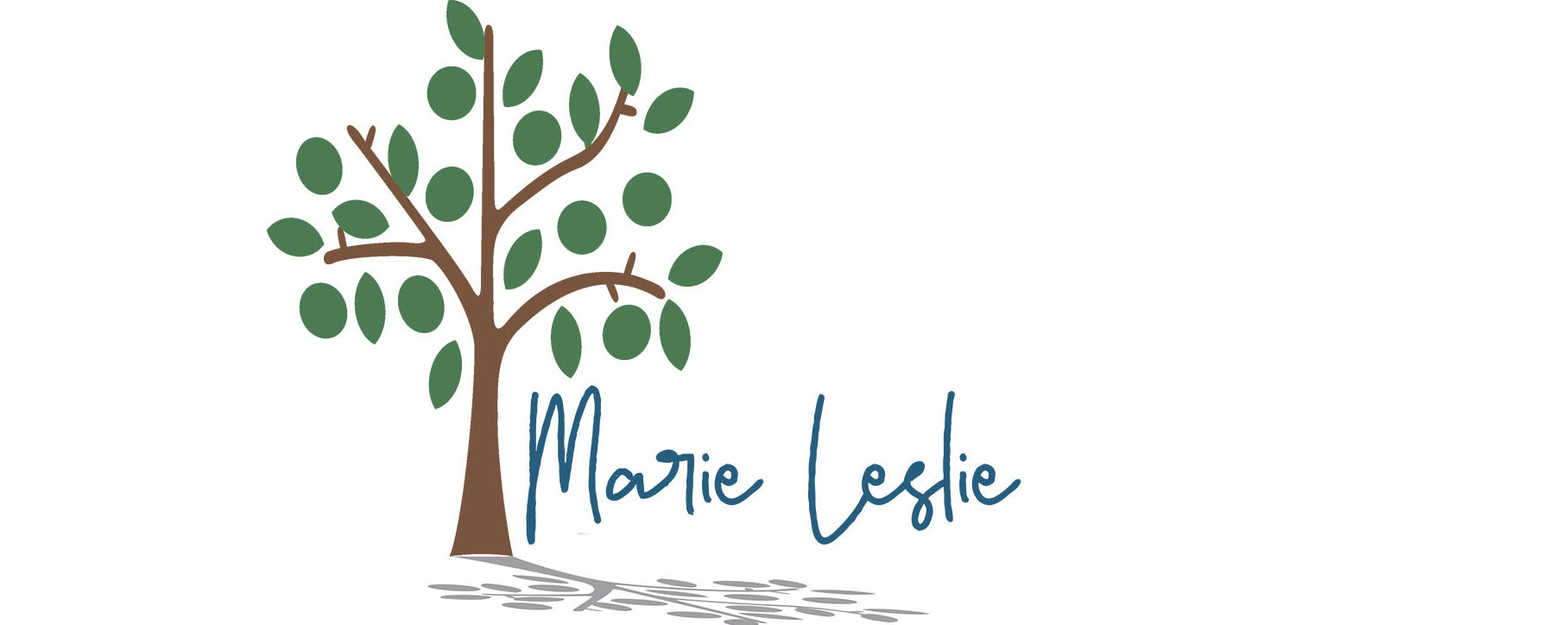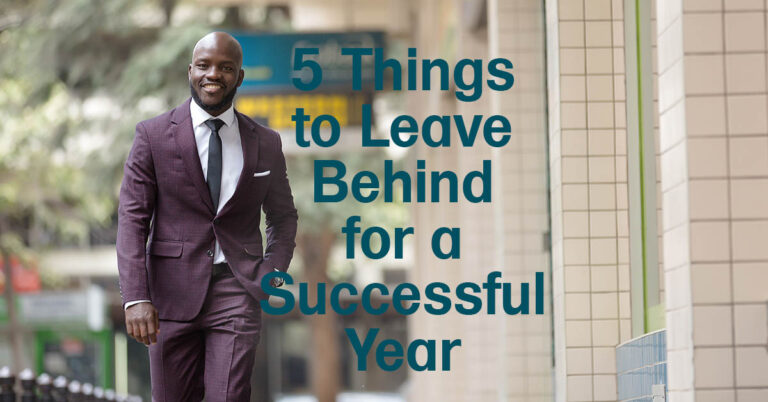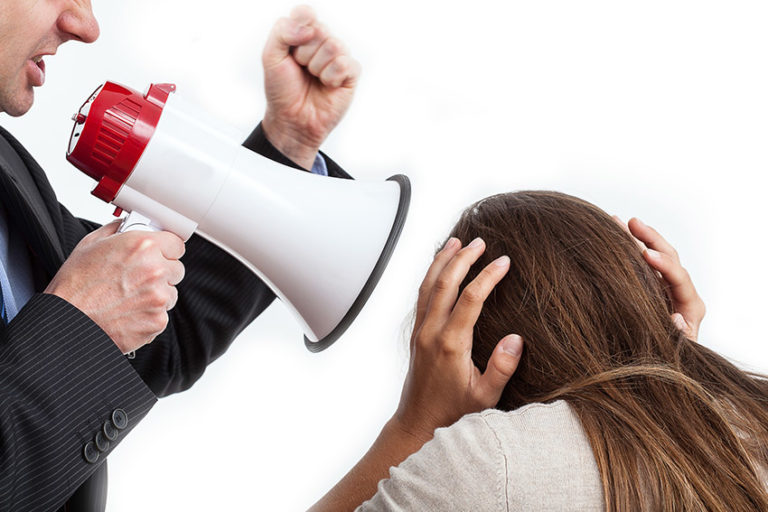10 Things You Need to Know about Copyright
As a writer and photographer, I have dealt with copyright issues and questions nearly all my professional life. From my first copyright law class in college to daily explanations to clients and publishers as a professional photographer, to business consulting for new entrepreneurs, I have needed to keep current with what is happening in the world of copyright and to be able to explain it to my clients and colleagues.
If you share things online, or if you own a business where you publish anything with images or words not created by you, you need to know about copyright. And you need to know how violating someone’s copyright, or violating a license agreement can affect your business and your finances.
I originally wrote this in 2011 and I updated it with more questions in 2022.
Here are some of the most common questions people ask me about copyright.

What is copyright?
A copyright is the legal protection given to creators of original works of literature and art. This includes music, photography, books, poetry, movies, plays, computer software, architecture, sculpture and other similar creative works. It can also protect the contents of your website.
Copyright does not protect names (including domain names), slogans, titles or short phrases. You must trademark those items to protect them. Sometimes copyrighting can protect logos. And it does not protect ideas or concepts.
What does it mean when something is copyrighted?
Copyright gives the creator of the work the exclusive right to reproduce, display or perform their work and to authorize who else may do those things. For example, when I take a photograph, regardless of who or what is in it, I have the right to decide who may or may not make copies of that photograph and how they may use it. If a songwriter writes a song, they have the right to decide who may or may not perform or publish that song.
How do I Know Something is Copyrighted?
Any work covered by US law is considered covered the moment it is created. To be eligible to recover statutory damages for copyright infringement, however, the creator must register with the US Copyright Office. You do not have to publish your work to protect it. It also does not need to have a notice or the little © symbol on it to be protected. For example, a photograph is still protected and cannot be copied or published without the photographer’s permission, even if it is a picture of you. This applies whether or not it has © or copyright language on it.
How long does a copyright last?
While there have been different periods of protection over the years, for most works created after January 1978, copyright lasts for the life of the creator plus 70 years. Different rules apply to different media. I focus on photographs, and written works. The rules are different for works copyrighted under a pseudonym or works for hire. They may also vary based on whether it is music, film, software, or games. However, using the above as a rule of thumb is a good starting point for staying out of trouble.
How do I register my copyright?
You can register your work with the United States Copyright Office by mail or online. For complete registration information visit the Electronic Copyright Office.

What is a copyright release?
A release of copyright gives up all rights to a work. While this term is frequently used, copyright releases are exceptionally rare. Most of the time, when someone refers to a copyright release, they usually mean a usage license.
What is a usage license?
A usage license grants the right to use a specific work while allowing the copyright holder to retain his or her rights. Most usage licenses grant specific permissions and/or may be good for a specific period of time. Usage licenses can be perpetual or can be for a one-time use, but always leaves the control of the work with the creator.
What does Copyright Infringement mean?
When a creator claims copyright infringement, it means that they believe someone has used their copyrighted material without authorization. Copyright infringement is a civil matter, not a legal one. Generally speaking, you would not be arrested and charged with a crime. However, you can be assessed hefty legal penalties if you are found to have infringed upon someone’s copyright.
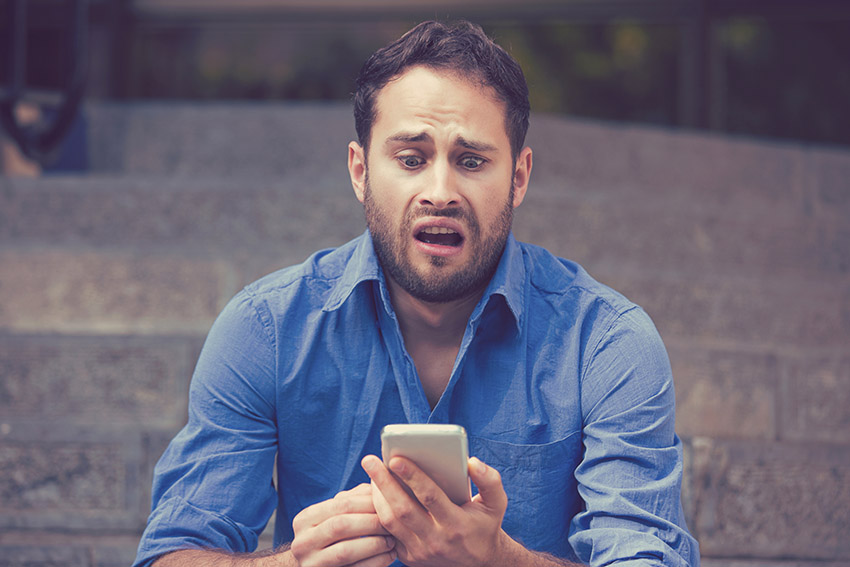
What do I do if someone challenges my use of an image (or other materials)?
First, take a breath. This is not uncommon. Just last month, an attorney for one of the large stock companies sent me a “License Confirmation Request.” I wasn’t the company I use. After verifying that the request was legitimate, I emailed a copy of my licensing agreement with the company I purchased the image from. It was that simple. End of story.
If you created the image yourself, and you have the file still on your computer, you are fine.
Did you purchase and download the images from a stock company? You can generally go into your account on that site and download a copy of the license agreement for any specific image.
If you downloaded the image from a free stock site, it may be more difficult. Did you download the image via something like Google Image Search, or from someone else’s website? In that case, you’ll likely have to pay up.
Sometimes, though, you’ll get a license confirmation request, or a demand for image payment that isn’t legitimate. I’ve had this happen many times. This is why when I got the one last month, I immediately emailed the company to verify its legitimacy.
Sometimes the image they claimed ownership of was mine–I created it. Sometimes they were stock images another artist created and I purchased through a stock agency. This is why its important to keep records and know where all of your images have come from. Without fail, when I have challenged their claim and denied them compensation, they’ve disappeared.
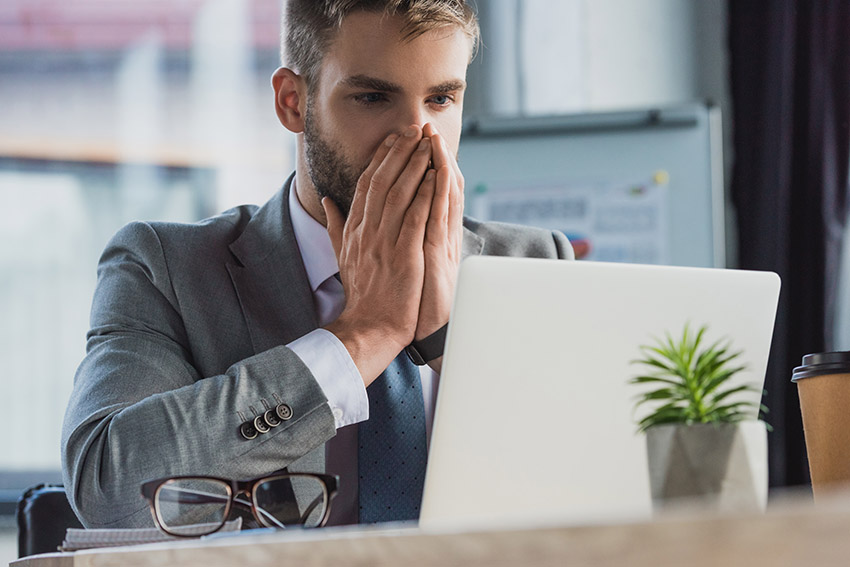
What do I do if someone uses my copyrighted work without permission?
Call an attorney. Copyright violations fall under civil law, not criminal. In any case, for specific legal advice, you need to contact an attorney.
Disclaimer: I am not an attorney and I do not play one online. I am not dispensing legal advice. I have an awesome attorney who does that for me. If you’re in business, you should have one, too.
For more information on US Copyright law and procedures, visit the Copyright Office online.
Do you have any questions about copyrights or licensing? If you are unclear about anything, please use the links in this post to learn more. This is by no means everything you need to know about copyright. But it is a starting point.
To me the most important thing you need to know is to never assume you have the right to use work created by someone else. When in doubt, respect the copyright, and always get permission.
